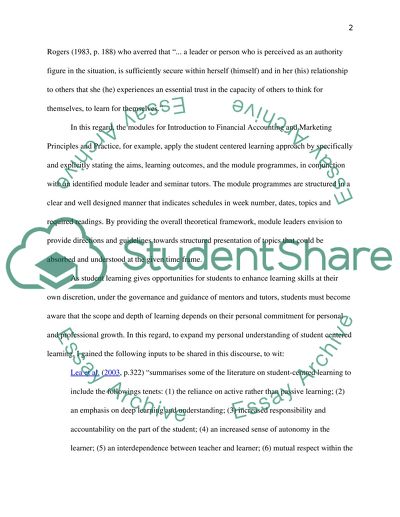Cite this document
(“Describe your understanding of student centred learning and how your Essay”, n.d.)
Retrieved from https://studentshare.org/environmental-studies/1420176-describe-your-understanding-of-student-centred
Retrieved from https://studentshare.org/environmental-studies/1420176-describe-your-understanding-of-student-centred
(Describe Your Understanding of Student Centred Learning and How Your Essay)
https://studentshare.org/environmental-studies/1420176-describe-your-understanding-of-student-centred.
https://studentshare.org/environmental-studies/1420176-describe-your-understanding-of-student-centred.
“Describe Your Understanding of Student Centred Learning and How Your Essay”, n.d. https://studentshare.org/environmental-studies/1420176-describe-your-understanding-of-student-centred.


